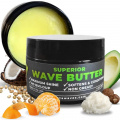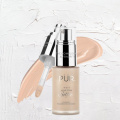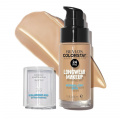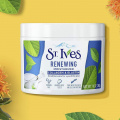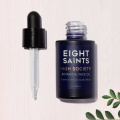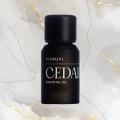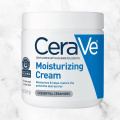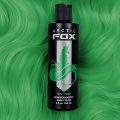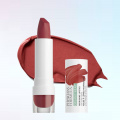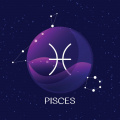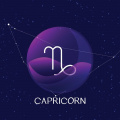Treating Scabs on Scalp for a Healthier and Cleaner Scalp
A deeply clean scalp promotes healthy hair growth. However, with scabs on scalp, there might be a build-up of hair issues. Tend to this scalp disorder timely.
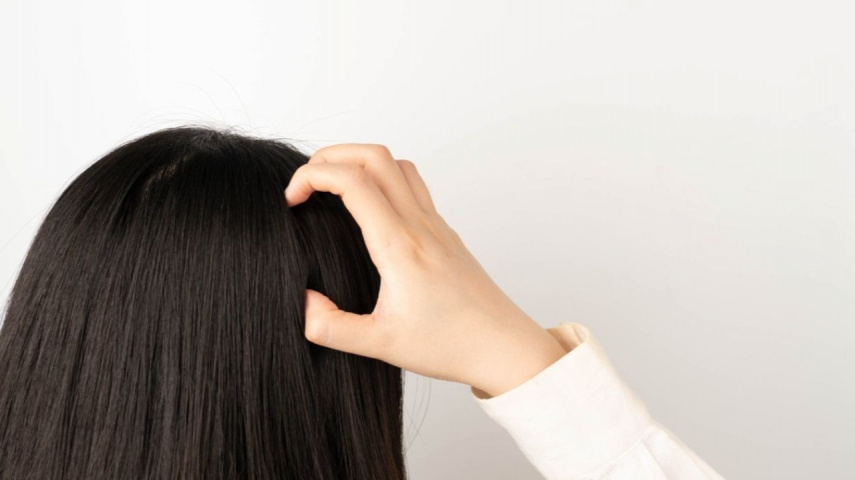
A clear scalp is indicative of healthy hair. When your scalp is infected or rough, your overall hair might not look as beautiful as you expect it to be. Scabs on scalp are among the most common hair infections that may make you feel unpleasant and unappealing. Even though they do clear out on their own without much fuss, treating them at the earliest may help in offering immediate relief and relaxation to your scalp.
The causes of scabs are many and you need to identify them so that they don’t recur. Apart from that, untreated scabs may also increase the itchiness of your scalp making you feel quite uncomfortable and out of place.
Our contributor William Slator, Product developer at HairGuard - a holistic hair care product brand, says, “Scabs on the scalp can lead to hair loss if they are a result of conditions like scalp psoriasis or seborrheic dermatitis. Constant scratching can damage hair follicles and lead to inflammation, impacting hair quality.”
Let’s find out the possible causes, symptoms, and treatment for scabs so that you and your hair don’t suffer.
What Is a Scab?
According to Dr. Aruna Prasad, a Consultant Dermatologist, and Cosmetologist, scalp scabs might be identified as:
Scalp Psoriasis:
Scalp psoriasis has been recognized as a chronic debilitating disease that involves the scalp (1). However, it may be adequately treated with topical therapy (2). Scalp psoriasis may be characterized by a thick silver-white scale (3). According to a report, half of the population is affected by this skin condition (4).
Our contributor William Slator, says, “Scalp psoriasis can affect both men and women, and it can occur at any age. However, it often appears between the ages of 15 and 35. The prevalence is roughly equal between genders.”
Seborrhoeic Dermatitis:
Seborrhoeic dermatitis is a chronic inflammatory scalp condition that may cause red patches with greasy scales on the scalp (5). Malassezia fungus has proven to be one of the dominant factors causing this skin disorder (5).
Causes And Treatment of Scabs on Scalp
Scabs on the scalp may be caused by (5):
- Malassezia fungus
- In areas with a rich supply of sebaceous glands
- HIV
- Parkinson’s Disease
- Facial nerve palsy
- Spinal injury
- Alcoholic pancreatitis
- Ischaemic heart disease
- Bacterial infection
- Fungal infection
- Scalp ringworm
- Autoimmune diseases
Dithranol has proven to be highly effective in treating head scabs (6).
Scabs on the scalp might also be treated with (7), (8), (9):
- Application of topical corticosteroids for few times a week
- Calcipotriol
- Moisturizing lotions
- Gentle emulsions
- Coal tar shampoos
- Crude coal tar solutions
- Medicated shampoo
- Salicylic acid-based ointments, mineral oils, or shampoos
- Clobetasol propionate shampoo
- Imidazole antifungals drugs
- Vitamin D3
- Vitamin D derivatives
- Apremilast, an oral medicine
- Etanercept, a biological drug
- Ultraviolet therapy
- Lasers
- Medical treatment
Symptoms of Scabs on The Scalp
Some of the recurring symptoms of scabby scalp include (5),(7):
- Itching of the scalp
- Yellow, greasy scaling
- Red, thickened plaques
- Sharply marginated lesions
- Dry, flaking dandruff
- Scalp inflammation
- Increased hair loss
Home Remedies to Treat Scabs on Scalp
Tea Tree Oil:
Tea tree oil has proven to be effective in treating dandruff, scaliness, and scalp greasiness (8).
Ingredients:
1-2 teaspoons tea tree oil
3-4 drops essential oil (optional)
Steps to Follow:
- Warm 1-2 teaspoons of tea tree oil without overheating it.
- Add 3-4 drops of an essential oil and mix well.
- Use a cotton swab and apply it gently on your scalp, especially on the affected areas.
- Do not rub harshly.
- Wash it off after 2-3 hours with a mild shampoo.
- Additionally, you may use a shampoo infused with a tea tree.
Frequency of Usage:
You may repeat this twice a week to treat small scabs on the head.
Aloe Vera Gel:
Aloe vera is an excellent agent for emulsifying, moisturizing,g and eliminating whitish or yellowish residues from the scalp (9).
Ingredients:
1 tablespoon of aloe vera gel
Half teaspoon coconut oil (optional)
Steps to Follow:
- Take 1 tablespoon of organic aloe vera gel.
- Add half a teaspoon of coconut oil to it and mix well.
- Use clean hand gloves to gently apply this blend on your scabs.
- Let it absorb properly for 3-3 hours.
- You may also keep it overnight.
- Wash it off with a herbal shampoo for better results.
Frequency of Usage:
You may repeat this thrice a week to treat the crusty scalp.
Coconut Oil:
Coconut oil, with its deep penetrating power, absorbs in the hair shaft and is an excellent pre-wash and post-wash grooming product that prevents hair from damage and lice formation (10).
Ingredients:
1-2 teaspoons coconut oil
2-3 drops of castor oil (optional)
Steps to Follow:
- Warm-up 1-2 teaspoons of coconut oil.
- Add 2-3 drops of castor oil to it and mix well.
- Apply on your scabby scalp with a cotton swab.
- Do not pick at your scabs.
- Keep it for 2-3 hours.
- Wash it off with a herbal or salicylic shampoo.
Frequency of Usage:
You may apply this on your head scabs twice a week.
Apple Cider Vinegar:
Apple cider vinegar has proven to clear scalp build-up as well as for maintaining the pH of the scalp (11).
Ingredients:
Half a teaspoon of apple cider vinegar
1 teaspoon water/ carrier oil
Steps to Follow:
- Take half a teaspoon of apple cider vinegar.
- Add 1 teaspoon of water or any carrier oil to it for dilution purposes.
- Do not use apple cider vinegar without diluting it.
- Mix well and use a cotton swab to apply it on your scabs.
- Let it sit on your scalp for 1 hour.
- Wash it off with a herbal or salicylic-infused shampoo.
Frequency of Usage:
You may apply this on your itchy scalp once a week.
Olive Oil And Honey:
Olive oil has an antifungal effect and when used with honey, it reduces redness, itching, scaling, and pruritus (12). This mask also strengthens hair follicles against permanent hair loss.
Ingredients:
1 teaspoon olive oil
Half a teaspoon of honey
Steps to Follow:
- Take 1 teaspoon of olive oil.
- Add half a teaspoon of honey to it and mix well.
- Use clean hand gloves or a cotton swab to apply them on your scabs.
- Let it sit there for 1-2 hours.
- Wash it off with a herbal or salicylic-based shampoo.
Frequency of Usage:
You may apply this on your scaly patches twice a week.
Conclusion:
Healthy hair is flattering and worth flaunting. However, with scabs on the scalp, itchiness, inflammation, and other scalp disorders follow. A scabby, crusty scalp is not only embarrassing but may also lead to hair damage and hair loss. If left unattended, it might cause pain and extreme discomfort. With the right and timely care, you might be able to treat head scabs smoothly. Plus, home remedies may also relieve you of this unpleasant skin disorder.
Contributor: William Slator, Product developer - HairGuard





 JOIN OUR WHATSAPP CHANNEL
JOIN OUR WHATSAPP CHANNEL



































